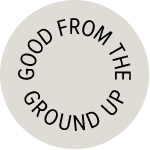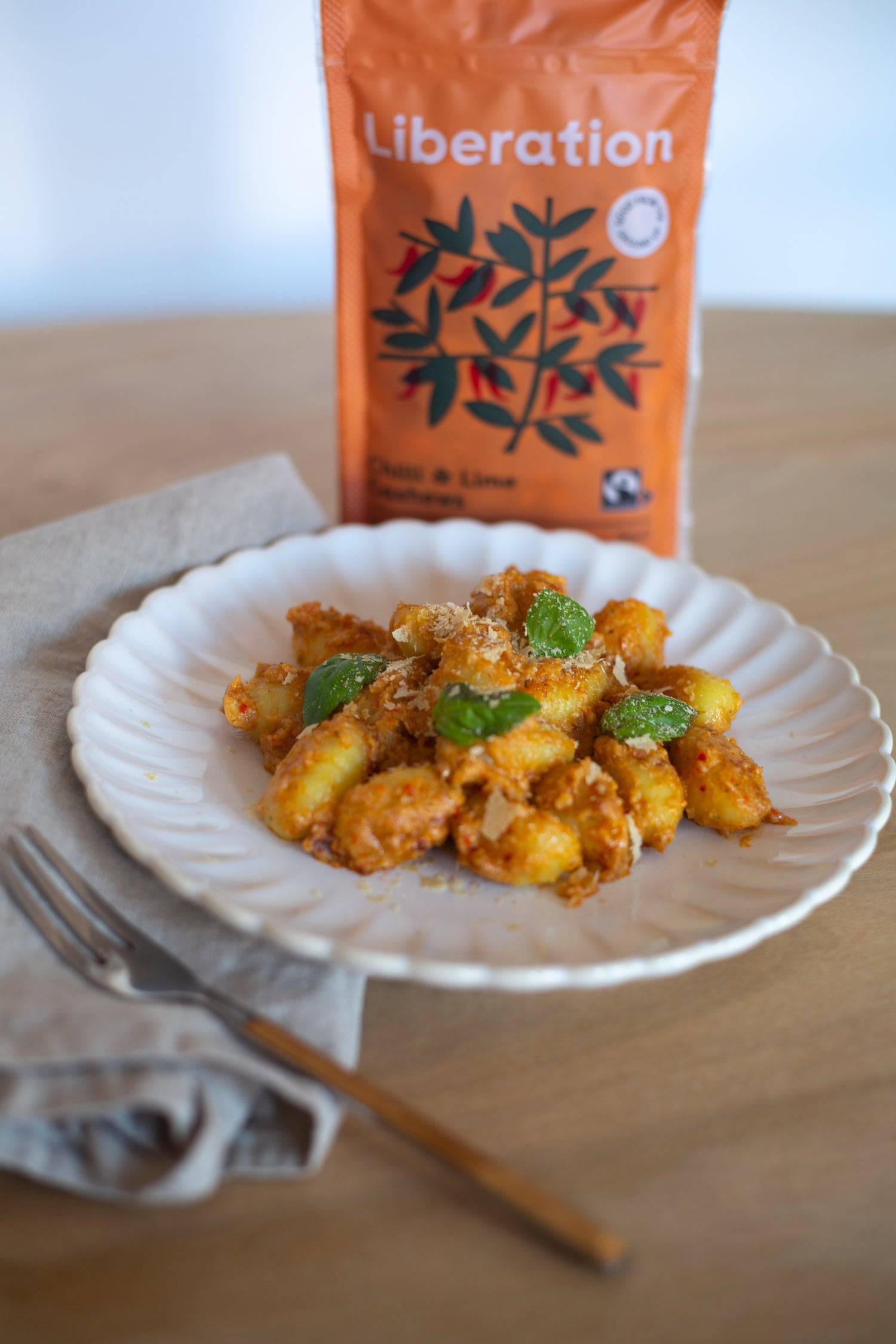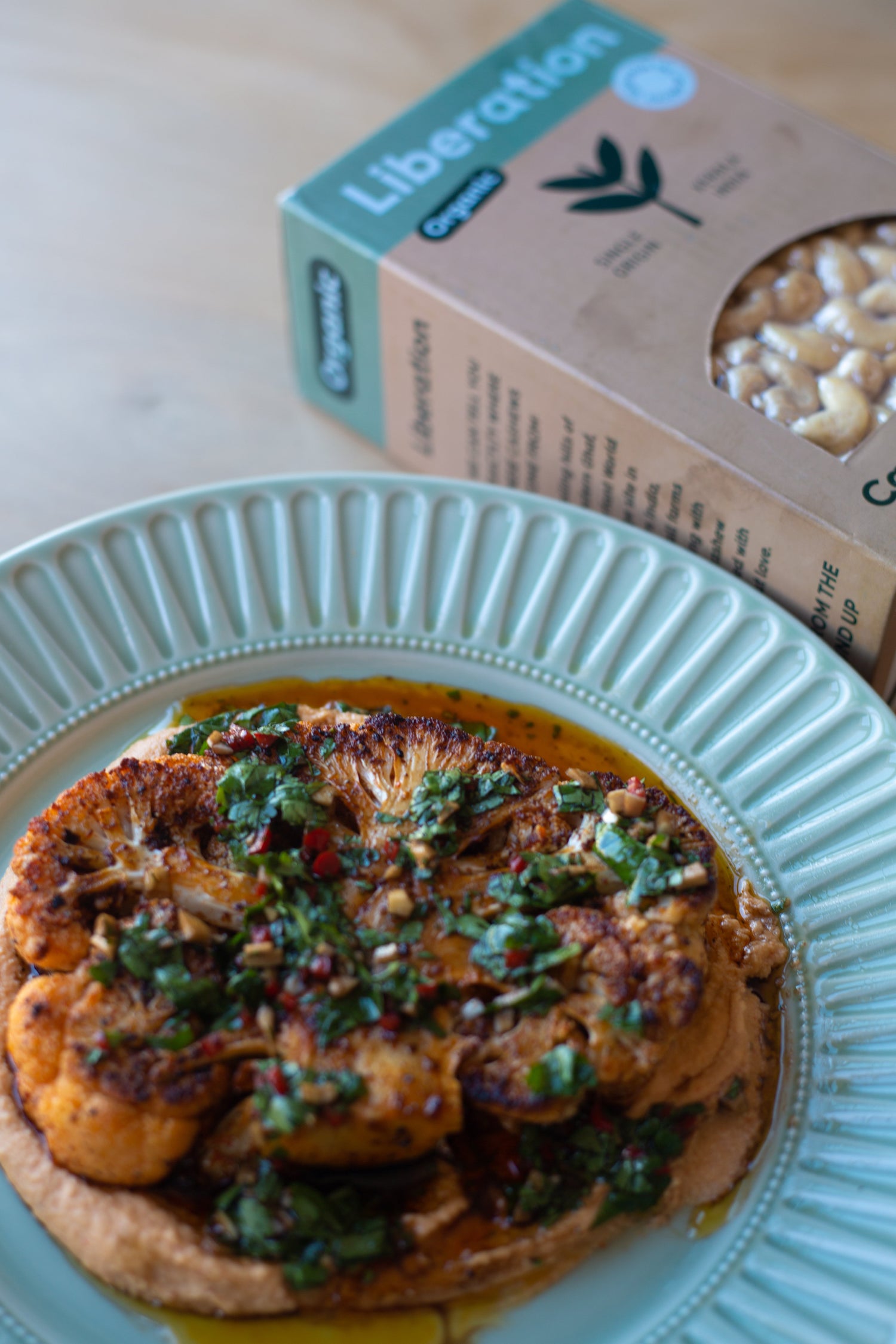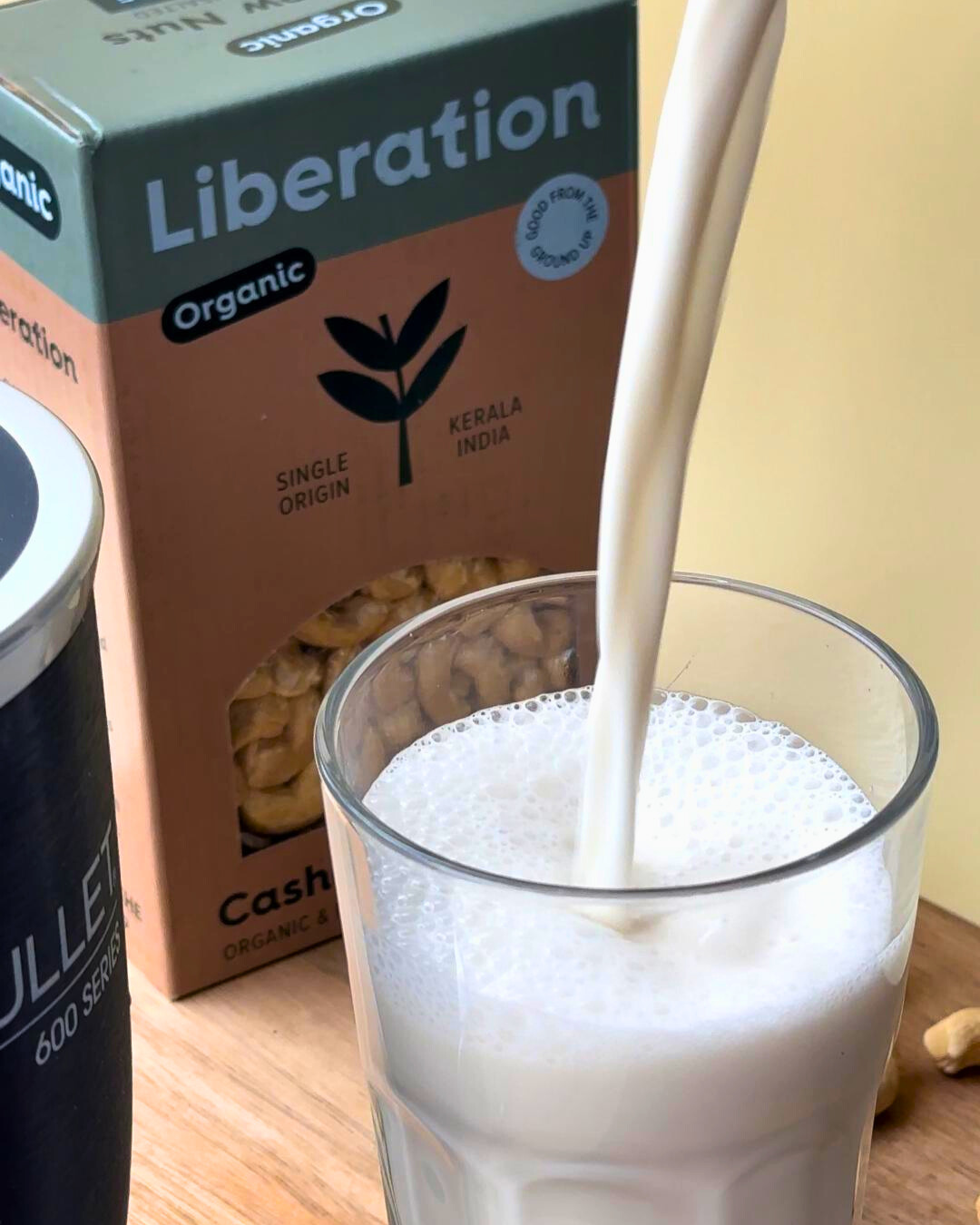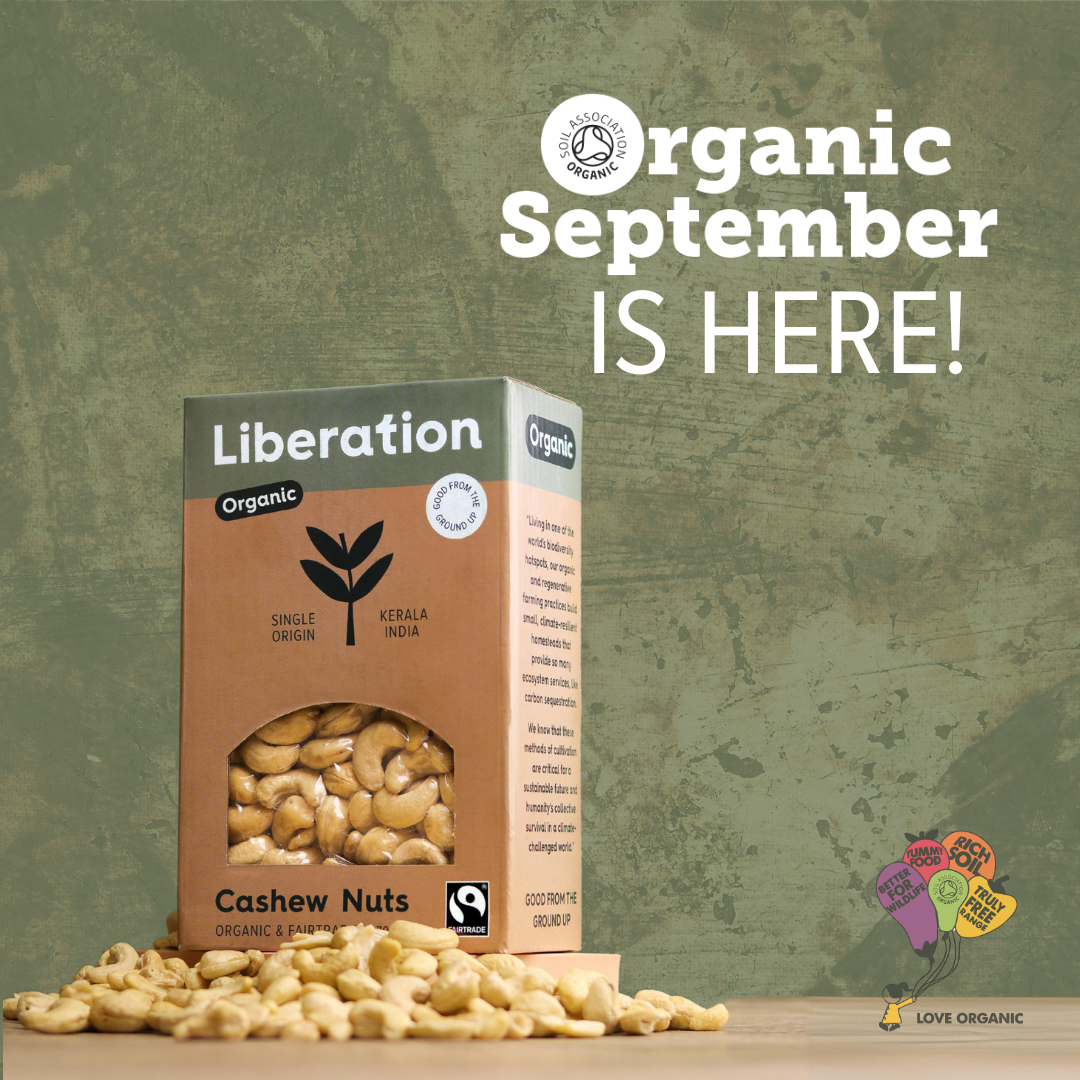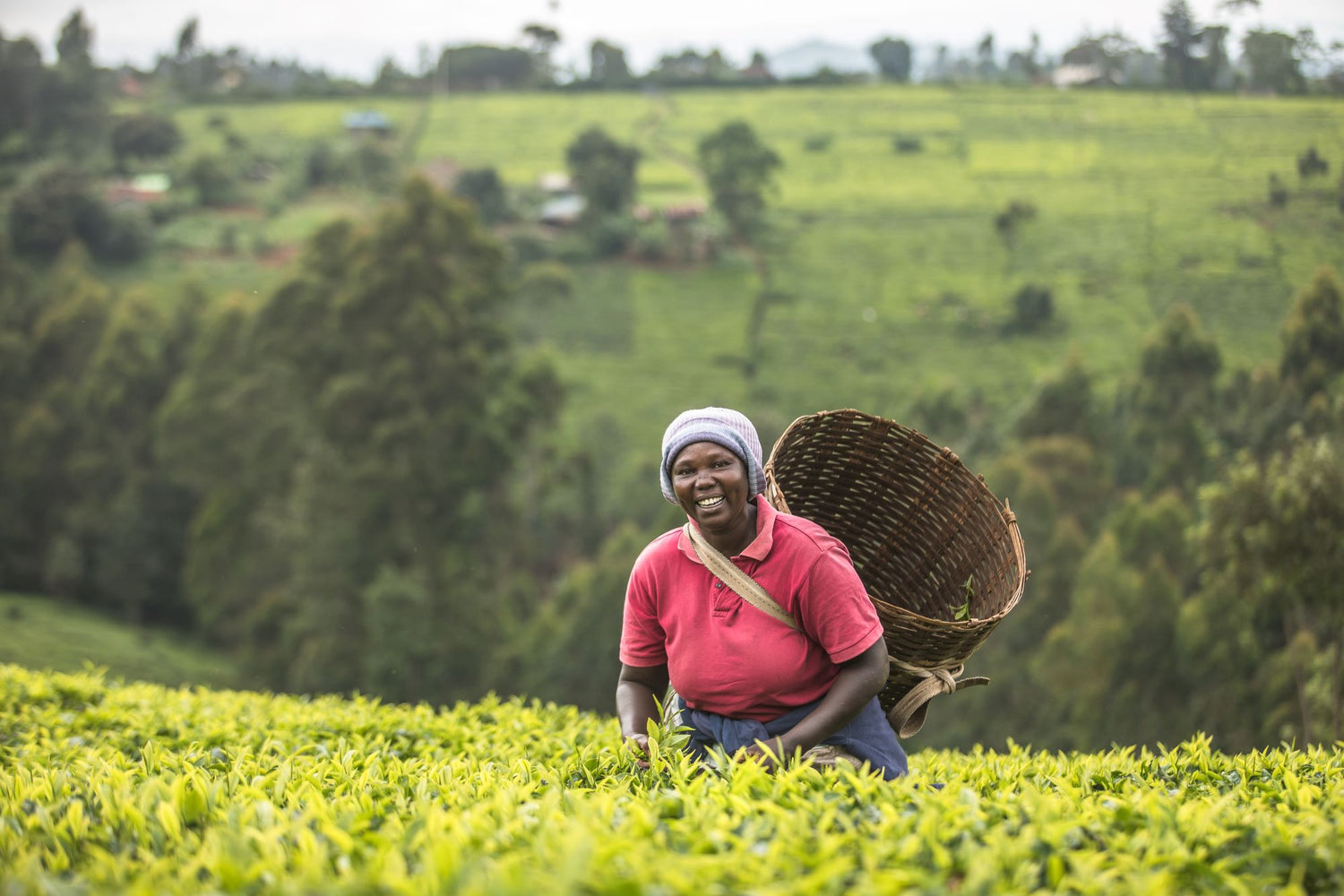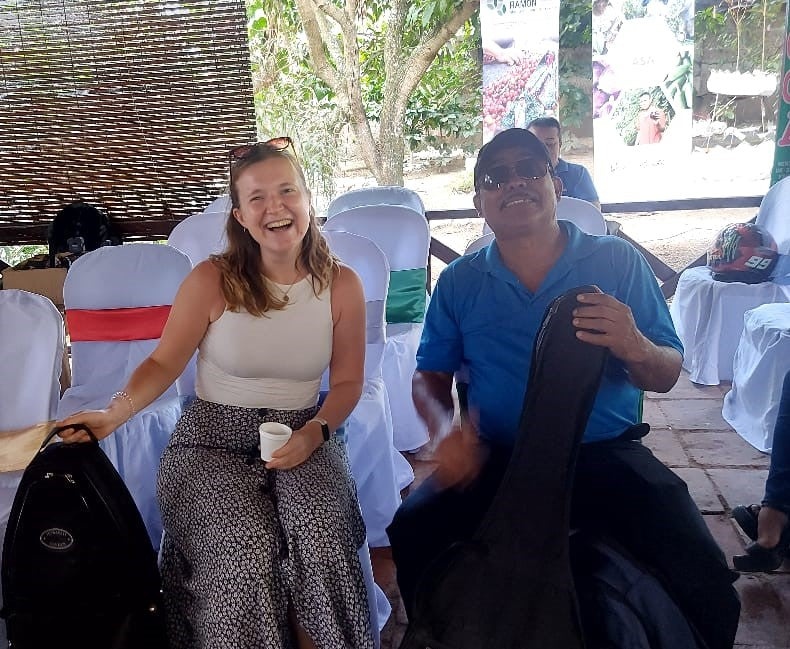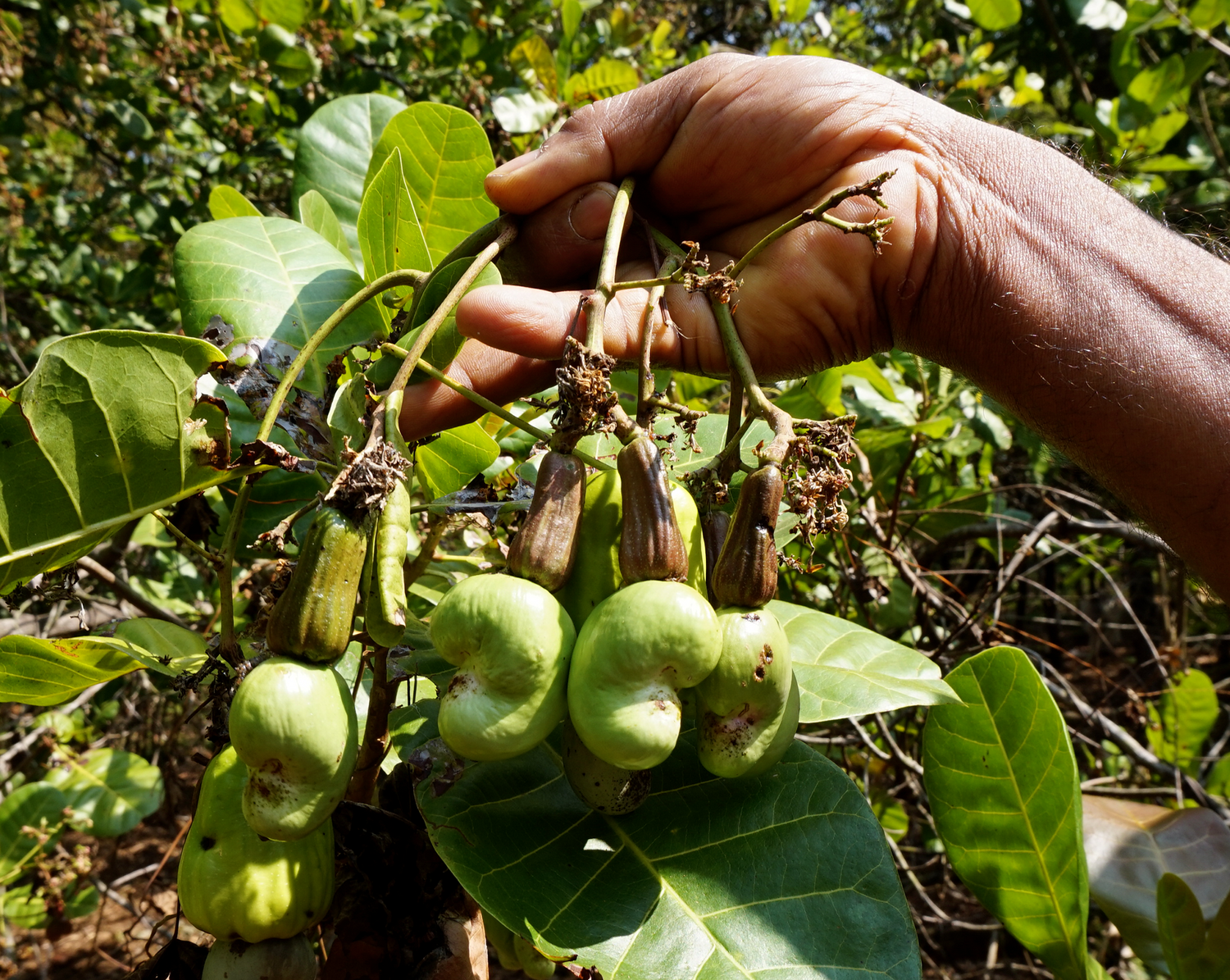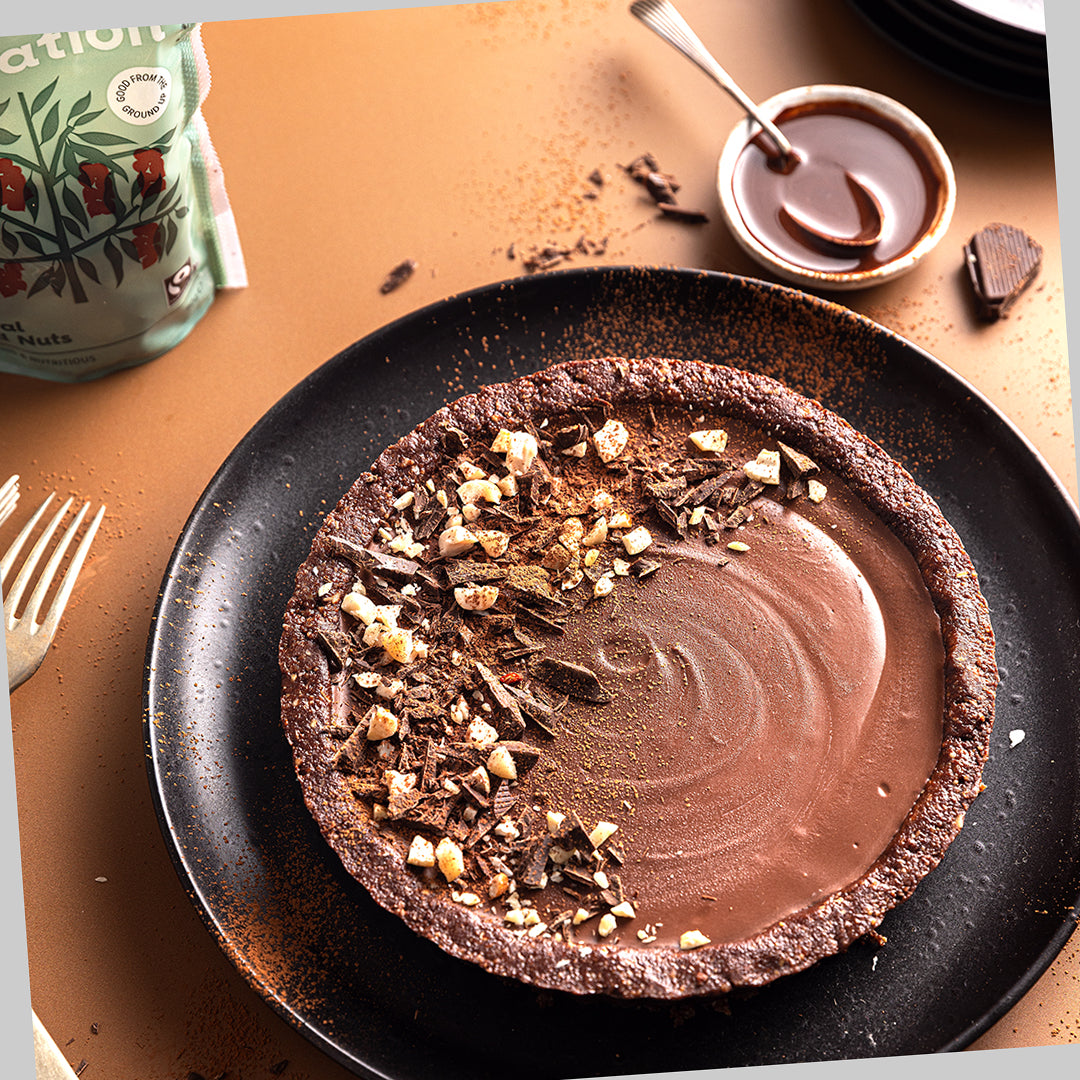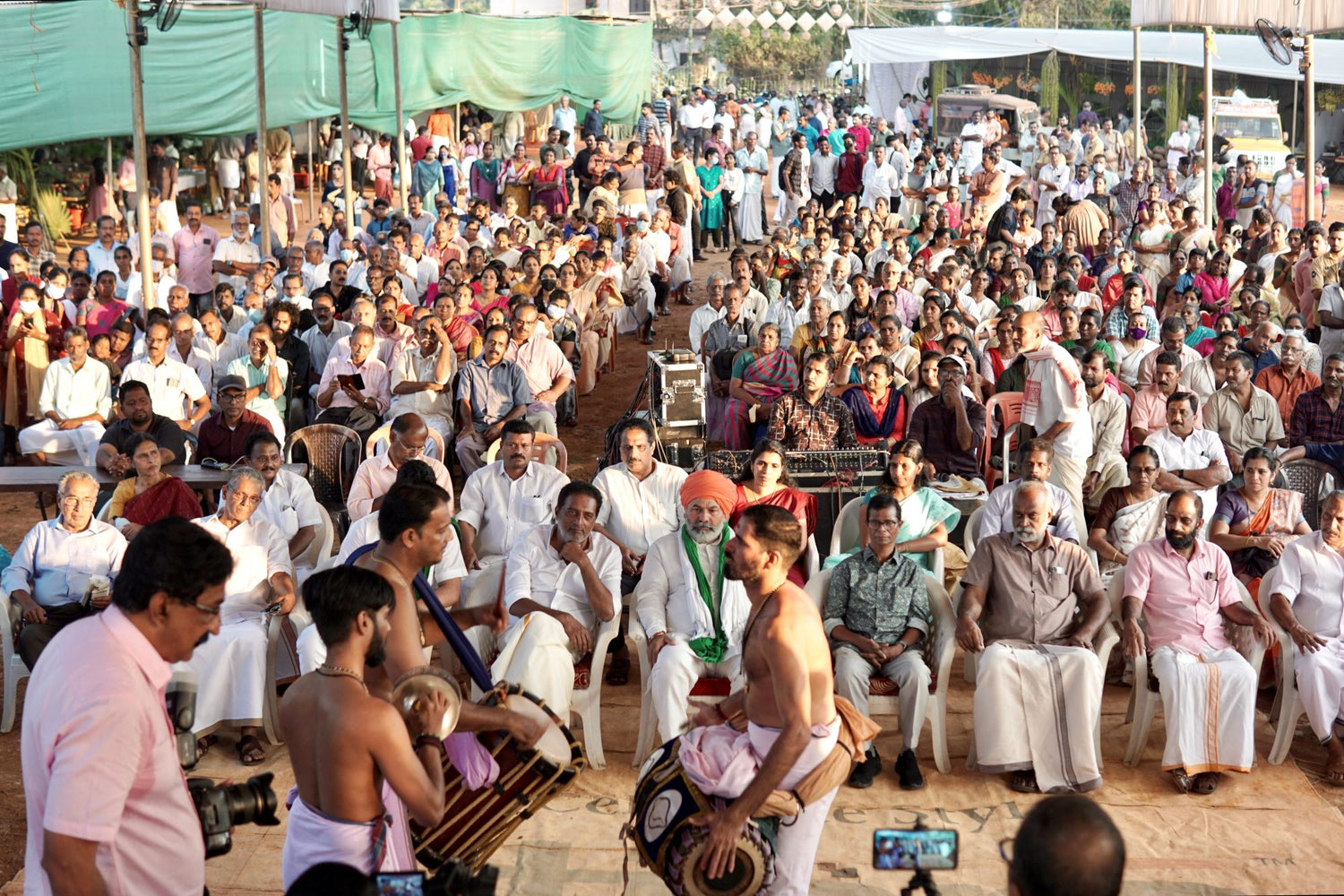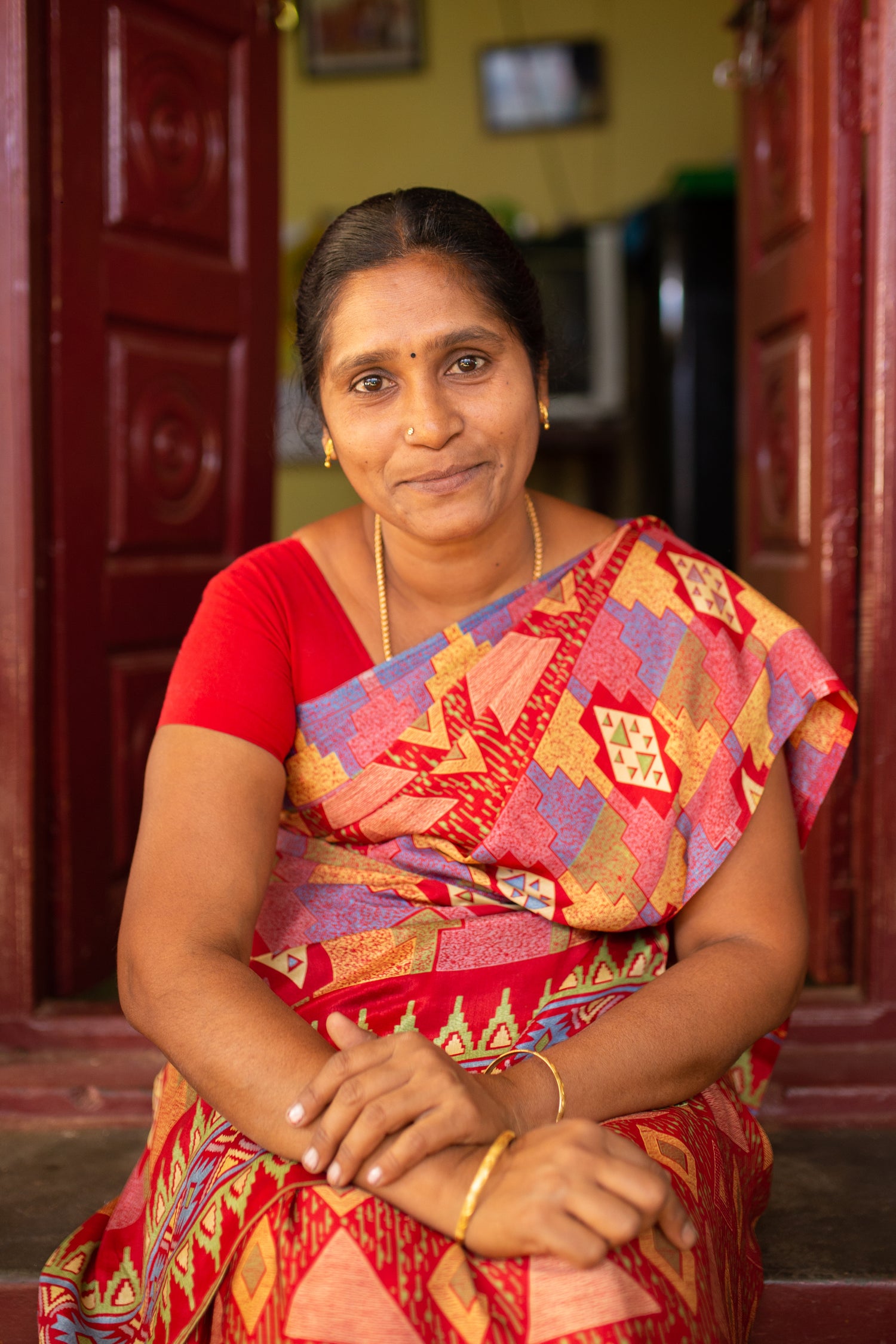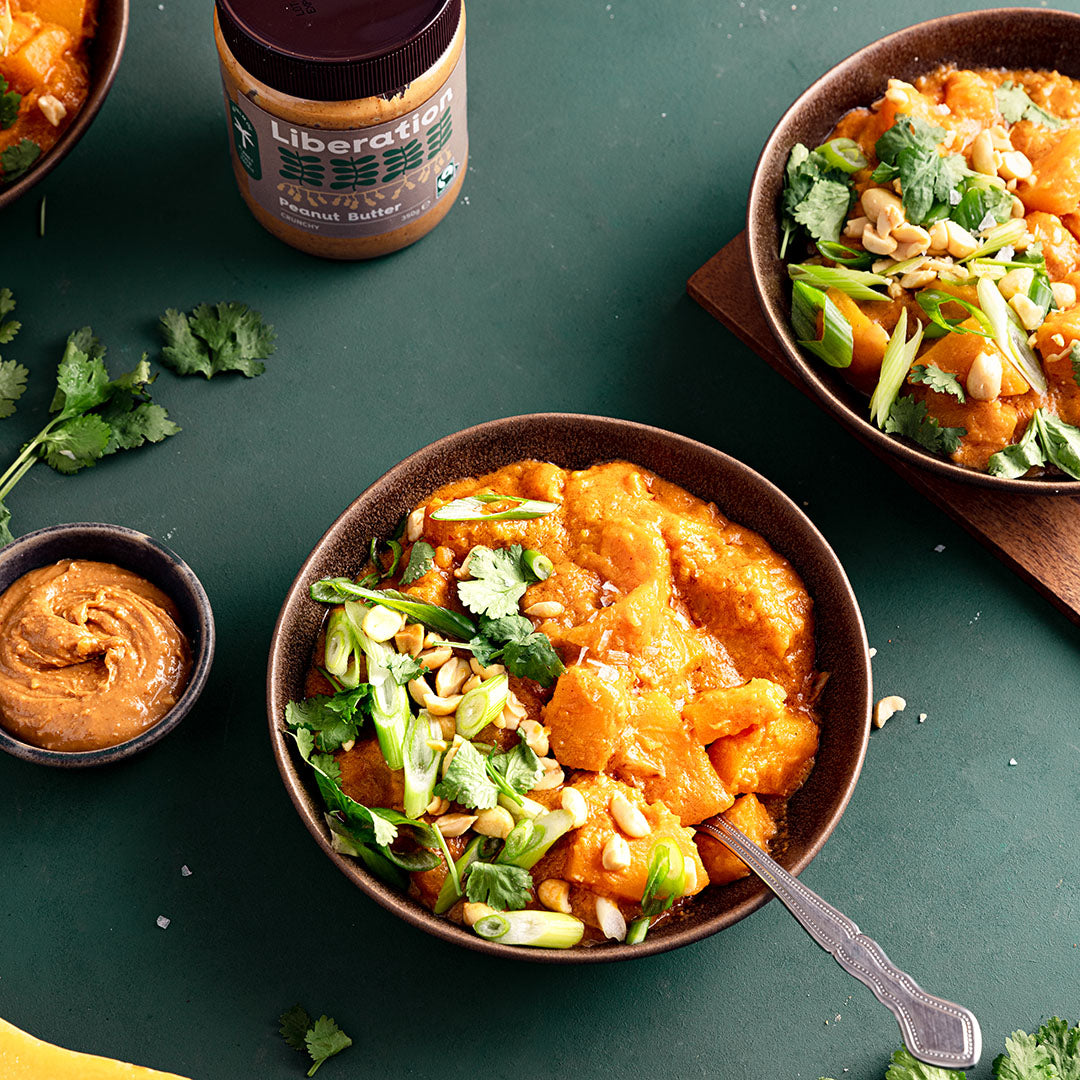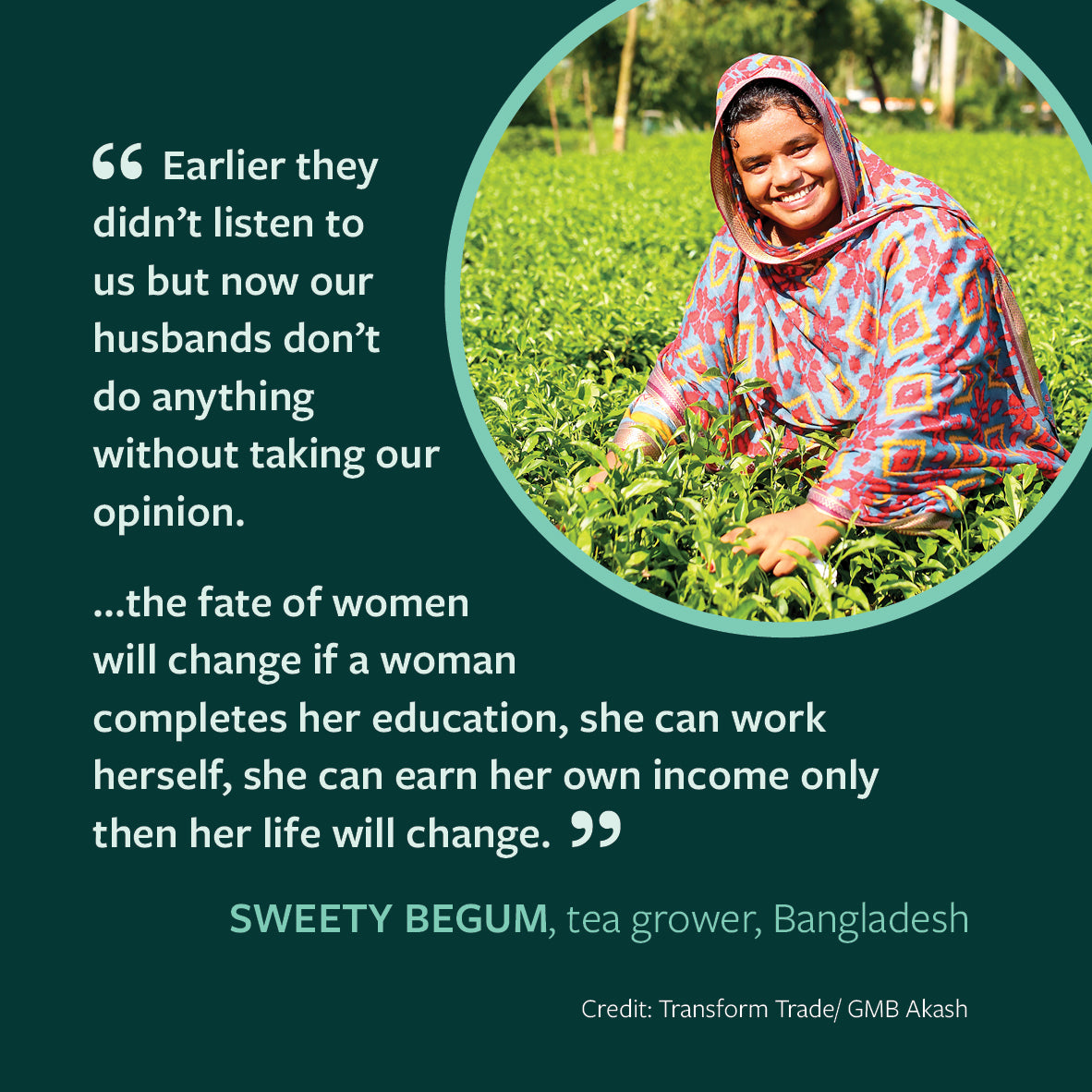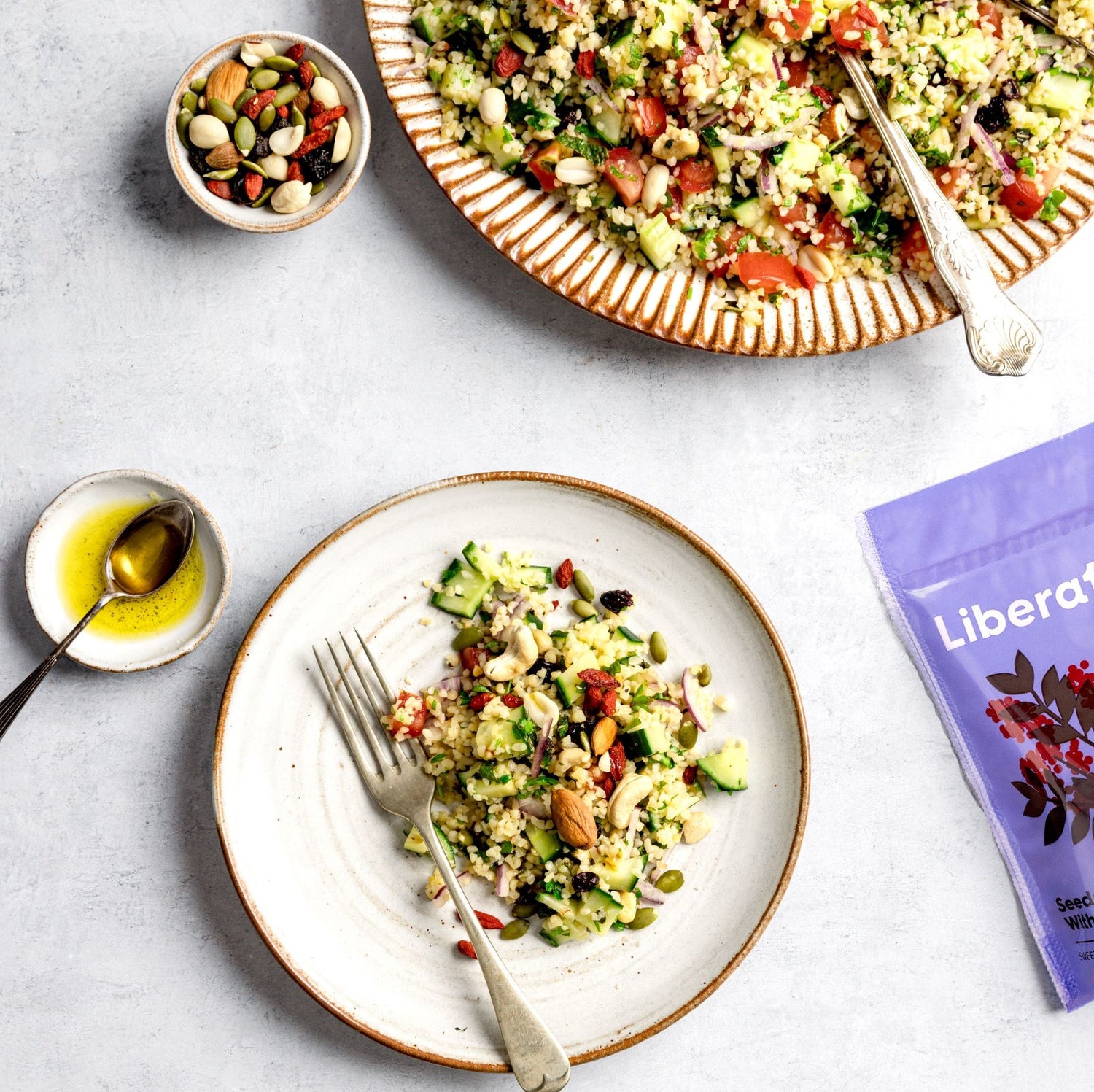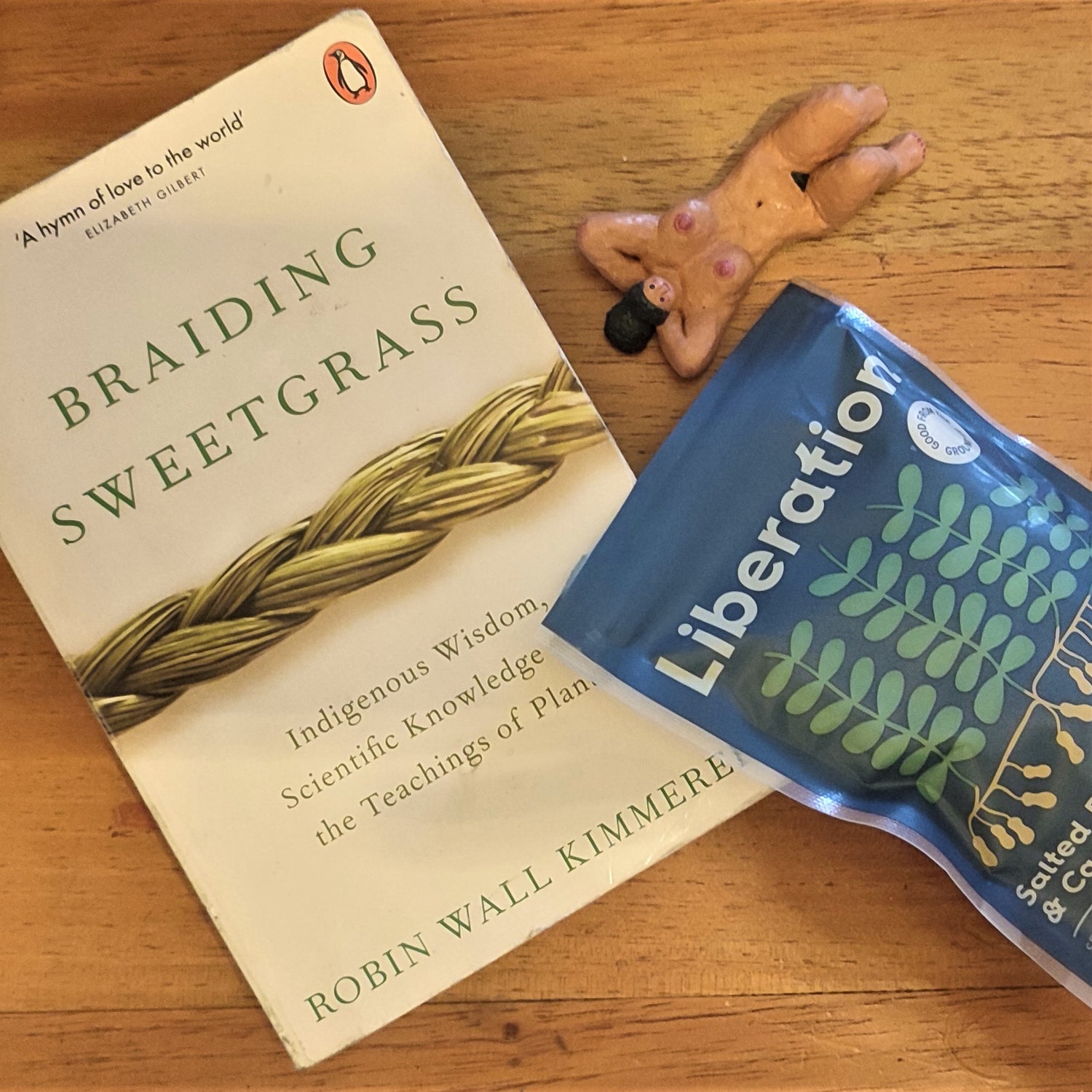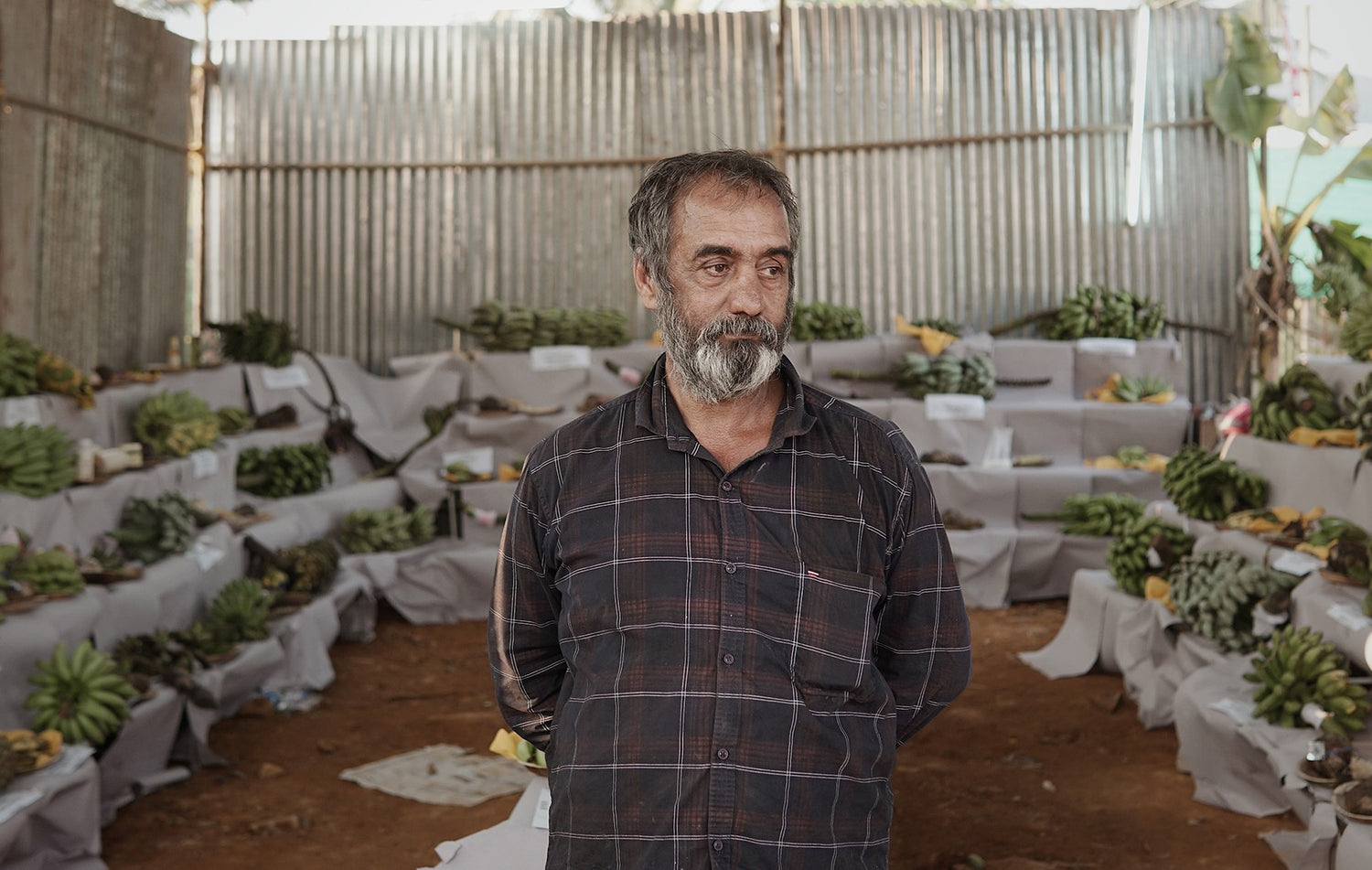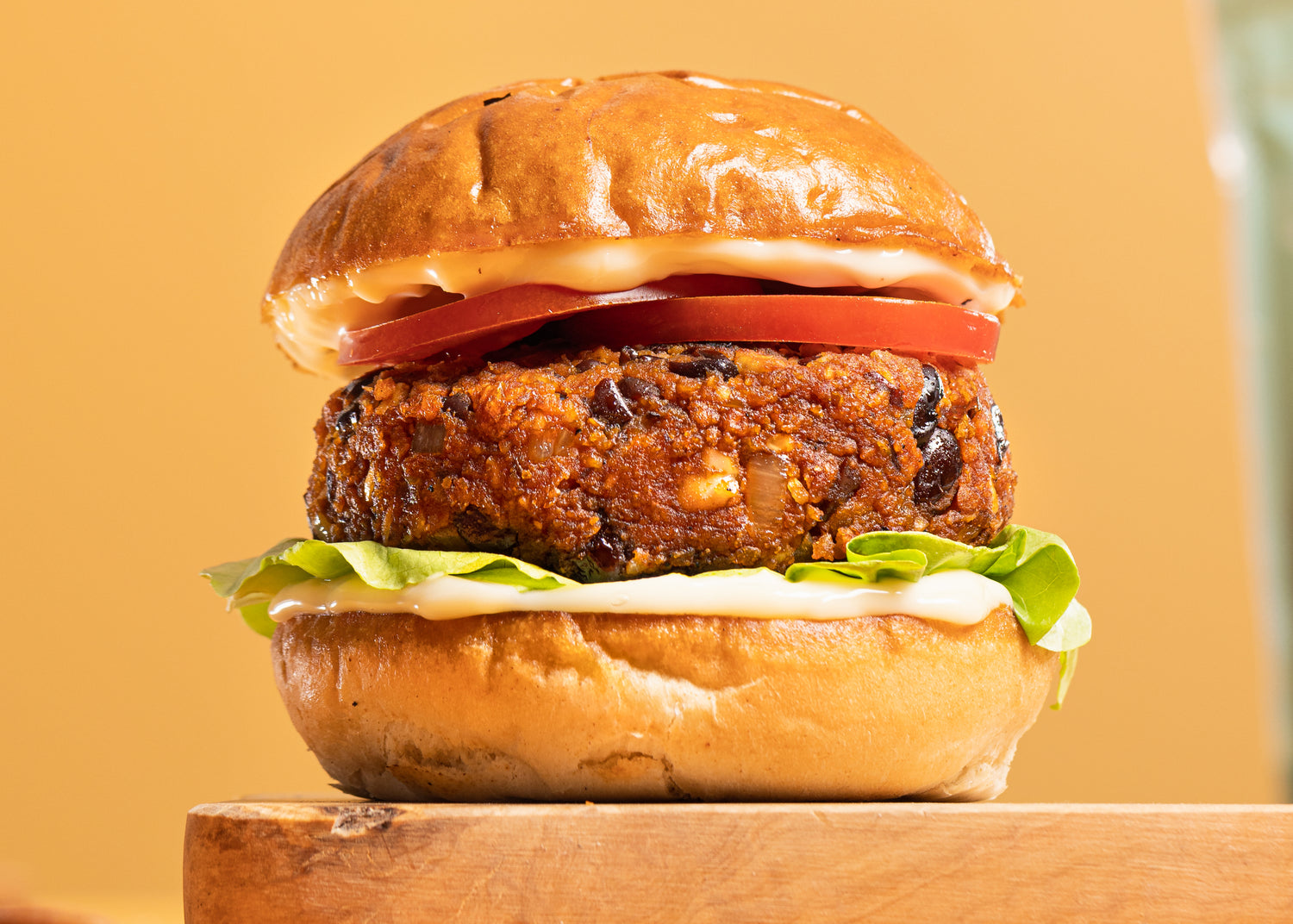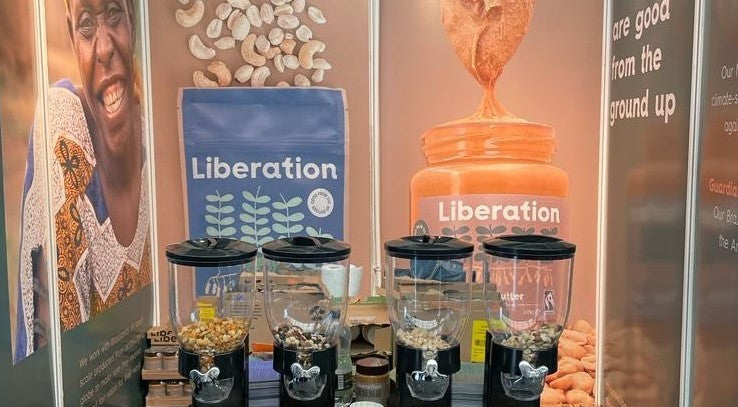Regenerative Agriculture is a hot topic at the moment...honestly, it is!
The latest IPCC report laid out, even more starkly, the fact that we are WAY off achieving our global climate objectives or complying with the Paris Agreement of limiting global warming to 1.5°C by the end of the century, with the two main causes of CO2 emissions being population growth and GDP growth across major economic sectors, including agriculture. And the results will be devastating.
So now sustainability is no longer enough; a preventative 'regenerative' action plan is now imperative.
Can you see where we are going with this...?
Let's dig down a bit deeper...
Consider the fact that a quarter of all species live beneath our feet, and within just one spoon of healthy soil there are more living organisms than there are people on the planet. There is a lot happening down there and whilst those living organisms may be microscopic, remember size isn't everything. Using this underground power network, there is the potential to grow enough food to feed everyone (along with the birds and the bees) without using aggressive farming techniques or nasty chemicals, all of which contribute to GHG emissions.
We are what we eat, so healthy soil leads to healthy crops, to healthy food, to healthy humans, etc. etc.
But what actually is Regenerative Agriculture?
Well, articulately laid out (and not in our own words), regenerative agriculture is:
“at the intersection of sustainability, conservationism and climate action, [it] presents a solution that can help mitigate climate change, create more productive soil and support a more resilient food system.”
So, it’s a holistic approach that builds on various green philosophies including permaculture and agroecology. It nurtures organic soil matter and healthy topsoil whilst preventing soil degradation. It helps CO2 sequestration and the reduction of GHG emissions. It increases biodiversity whilst enhancing crop yields, and therefore it generates more income for farmers. In summary, it's pretty beneficial from every angle you look at it!
But we're not jumping on the regenerative agriculture bandwagon now it's ‘de moda’!
We've been on it for ages!
Supporting farming cooperatives with their efforts to work sustainably has been our bread and (peanut) butter since the outset. Farmers associated with Liberation have long been investing in farming methods that build on, and contribute to, the foundations of regenerative agriculture.
In Nicaragua, coop members brew organic fertilisers and pesticides, made almost entirely from ingredients you could find in the back of your kitchen cupboard. Climate-smart agroforestry in Malawi combines intercropping Macadamia trees with a variety of other crops to give shade, help cool soil temperatures and build resilience to drought and flooding. And smallholder farmers in Kerala continue to diversify their tiny, tropical farmlands, at times squeezing over 60 varieties of plants into just a few hectares of land.
All of these are contributors to regenerative agriculture and now some of these coops are going for gold.
Getting certified for healthy soils
Liberation’s cashew trading partner, Fair Trade Alliance Kerala, has embarked on the certification process to be internationally recognised for regenerative agricultural practices. They have signed the contract with Solidaridad Asia, set themselves a challenging but achievable objective to become the first food group in India to be certified, and are now in the ‘gap-filling’ process, with the target of being certified by the early Autumn.
As part of this, FTAK is currently developing an effective system to convert farm waste, including coconut husks and cashew fruits, into manure to be distributed throughout the farms and strengthen the circular farming economy.
“It is the most critical component of Regenerative Agriculture - Soil Health - that FTAK seeks to invest in. With a circular farm management system of converting farm waste to manure.”
Tomy Mathews, FTAK member and Managing Director of Elements
Whilst, not an easy accomplishment the cooperative has a good head start, having always had environmental sustainability at its core. Once certified, it will mean the combined acreage from 4,500 Keralan smallholder farmers will be managed using regenerative agriculture techniques and will be a recognition of the cooperative’s continual dedication to improving soil health, land resilience, and GHG emissions reductions; it’s a gold star acknowledgment!
Earth Day for earth's sake
As one of the longest running environmental awareness days, Earth Day, on 22nd April, is an opportunity to demonstrate support for environmental protection. With this year’s theme being ‘Invest in Our Planet’, and for all the reasons listed above, we thought we could use it as an opportunity to put value back into our soil and quite literally make it earth focused.
So this Earth Day, for every sale made through our website, Liberation will match it and donate every penny to supporting FTAK in reaching certification for full agricultural regeneration, having the healthiest soils, happiest birds, and heartiest cashews possible!
Put it in the diary, purchase some nuts, and place value back in our earth!
